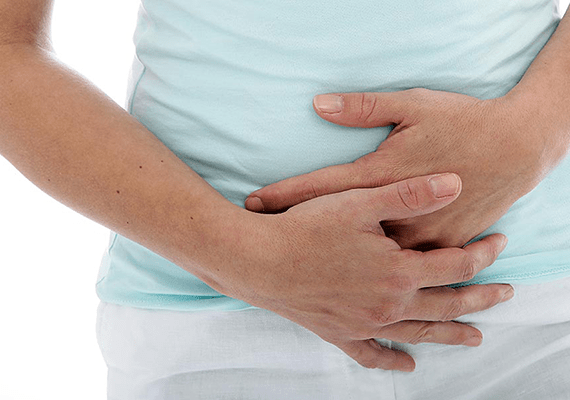What Is Fatty Liver Disease?
While all livers contain a certain percentage of fat by weight, a patient is categorized as having fatty liver if fat constitutes more than 5-10% of the organ. Alcohol abuse is known as one of the primary causes of fatty liver, but an individual can get fatty liver diseases if they do not drink alcohol as well. For example, potential causes of fatty liver disease may include too much iron, obesity, hepatitis C, high cholesterol, or diabetes. Gastroenterology of Westchester LLC notes that fatty liver can also develop as a result of taking certain medications or as an effect of autoimmune or inherited liver disease.
What Are the Symptoms of Fatty Liver Disease?
Fatty liver disease is similar to many other diseases in that it commonly presents no symptoms in its most early stages. This means that an individual may have fatty liver disease for years before knowing that they have developed the condition. Eventually, symptoms such as abdominal pain, nausea, unexplained weight loss, fatigue, weakness, confusion, an enlarged liver, dark patches under one’s arms or on their neck, jaundice, or a swollen abdomen or legs may develop. If a patient presents any of these symptoms, a doctor may make the decision to order ultrasound tests, a liver biopsy, or blood work to diagnose fatty liver.
How Is Fatty Liver Disease Treated?
There is no medication available specifically to treat fatty liver disease. However, doctors can focus on helping patients control the factors that are most likely contributing to the condition. For example, heavy drinkers will be advised to avoid alcohol as a primary method for reducing the risks of complications associated with fatty liver. Similarly, individuals who are overweight, obese, diabetic, or have high cholesterol can be assisted via a plan to manage condition to contribute to a better health outcome for fatty liver disease. Typically, managing weight and reducing body fat is an effective method to treat fatty liver, and patients are often advised to begin eating a healthy diet consisting heavily of fruits, vegetables, and water supplemented with regular exercise to improve health and the condition of one’s liver. The professionals at Gastroenterology of Westchester LLC maintain that the liver has the incredibly ability to repair itself over time, and patients may be able to reduce liver fat and inflammation to reverse early liver damage if they are able to manage the conditions contributing to it.







